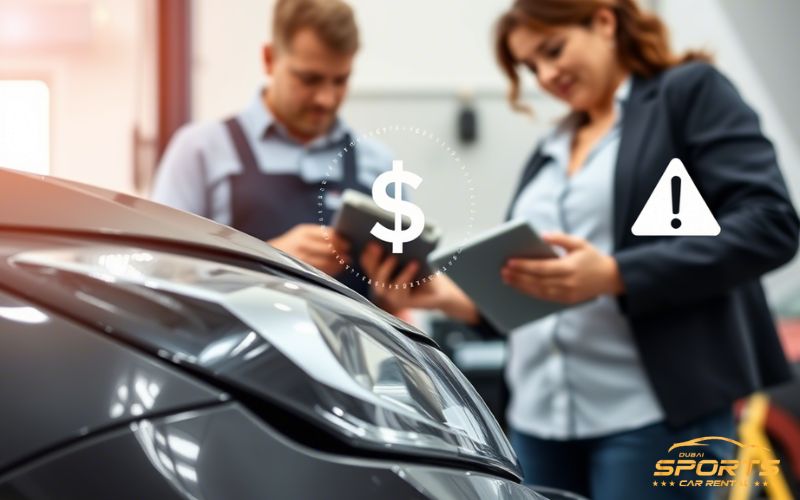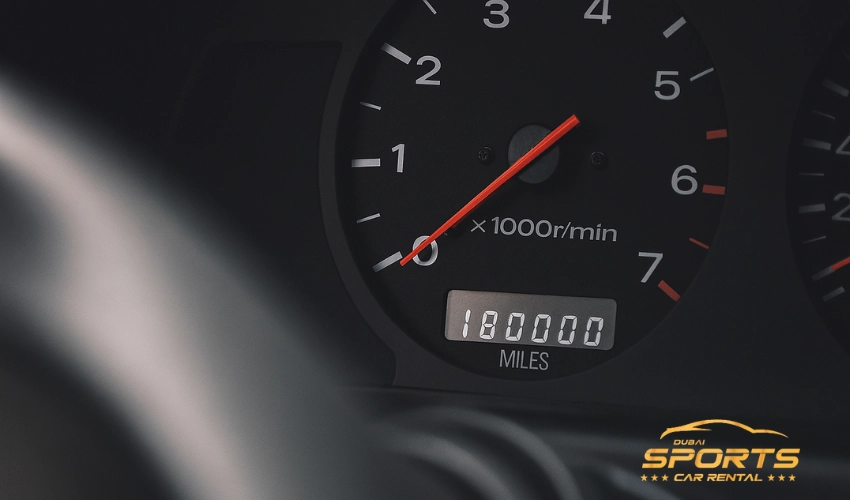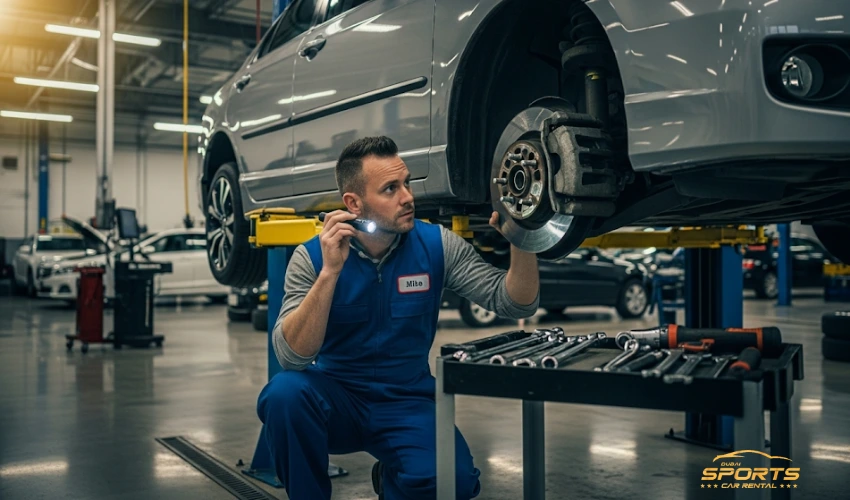Financial Considerations
- Repair costs vs. Car Value
- Prior Investments
- Loan and Equity Issues
Repair Costs vs. Car Value
If repair estimates nearly match or surpass your car’s current market value, insurers lean toward total loss declarations. In these cases, you benefit from accepting a total loss because it saves you from investing in a vehicle that might continue to demand costly repairs.
Prior Investments
If you have already spent money on recent repairs, you might decide to fix your car to preserve that investment. However, you must balance your emotional attachment with practical financial reasoning because a car facing significant future expenses may not guarantee value.
Loan and Equity Issues
If you owe more on your car than its current worth, you might repair the vehicle temporarily. So, this approach helps you avoid the massive financial hit that a total loss could cause in your resale or trade-in value.
Read: What Does Sports Mode Do on a Car
Insurance and Safety Aspects

When you declare a total loss, your insurer calculates a payout based on your car’s actual cash value. You can keep the vehicle by accepting a reduced settlement, but remember that this action generally marks the car as salvage. The process affects future insurance rates and lowers resale value.
Even if repair costs appear reasonable, hidden structural damage may still exist. You should ask a certified mechanic to inspect the repairs thoroughly and confirm that they reliably protect your long-term safety on the road.
Personal Circumstances and Long-Term Considerations
If you depend on your car for daily commutes, you may decide to repair it as long as it remains safe and reliable, even if that means dealing with occasional maintenance costs. On the other hand, if you plan to switch vehicles soon, you might let the insurer’s payout help you move on to a different model.
If the car holds significant sentimental value, you might favor repair. Still, you must balance your feelings against practical factors like safety and the long-term cost of ownership.
Additional Factors to Consider

- Market Trends: Research current trends in auto repair costs and vehicle values. Understanding these trends gives you context about whether your repair investment will pay off.
- Local Regulations: Investigate regional rules that govern salvage titles and repairs on totaled vehicles.
- Expert Consultations: Consult reliable, independent mechanics and insurance adjusters. They provide advice tailored to your vehicle and financial situation.
These considerations help you develop a holistic view that addresses both practical cost implications and personal priorities. You might also explore how future advances in vehicle repair technology and regional differences in insurance policies will affect similar decisions down the line.
Also Read: Is Jetour a Good Car
Final Words About Repairing or Totaling Your Car
Your decision boils down to balancing financial costs, safety issues, insurance implications, and personal circumstances. If you face low repair costs compared to your car’s value and trust a mechanic’s assurance of its safety, you may choose to repair the vehicle. However, if repairs cost too much, introduce future safety concerns, or strain your budget, accepting a total loss might prove wiser.



